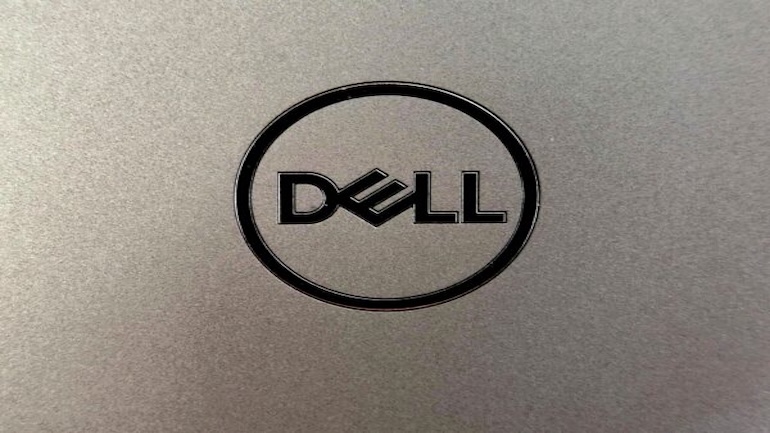
Dell Technologies Inc. today added a series of servers based on the Intel Xeon 6 processor to its portfolio that enables more flexible deployment of a mix of application types at scale.
The new Dell PowerEdge R470, R570, R670 and R770 are single and double-socket servers in 1U and 2U form factors that provide 50% increase in the number of cores per processors made available, which provides a 67% increase in performance compared to the previous generation of Dell servers based on Intel processors. In addition, the servers also reduce energy costs by half, according to Dell.
Varun Chhabra, senior vice president for product marketing for the Infrastructure Solutions Group at Dell, said the Dell servers are designed to enable organizations to more flexibly deploy a diverse range of applications using a mix of virtual machines (VMs), containers and bare-metal servers at higher rates of utilization.
That requirement is driving more organizations to adopt a more disaggregated approach to IT infrastructure that makes it simpler to scale compute and storage resources as needed, he added.
Additionally, Dell has updated ObjectScale, an object storage platform for Kubernetes clusters, to provide eight times more density than previous generations of Dell all-flash systems. The ObjectScale X560 also delivers twice as much throughput per node than rival systems, and when coupled with 122TB solid state drives (SSDs), Dell is now able to maximize GPU utilization by providing access to up to 6 PBs of data in a single 2U node configuration.
Dell also revealed that it has allied with Wasabi to provide a hybrid object storage service spanning the cloud and on-premises IT environments.
Dell is also enhancing Dell OpenManage software and its Integrated Dell Remote Access Controller (IDRAC 10) to include real-time monitoring. When paired with PERC13 PCIe Gen 5 HW RAID controller, Dell claims IT teams can see up to a 33X reduction in write latency.
Dell PowerStore software is also being updated to include Smart Support alerts that make use of artificial intelligence (AI) technologies that Dell gained with the acquisition of CloudIQ to streamline remediation, analyze performance and forecast carbon footprint forecasting using the Dell AIOps platform. There is also now support for U.S. Department of Defense- (DoD) compliant smart card authentication, automated certificate renewal and tighter integrations with Dell Storage Direct Protection software to improve restore times by a factor of four and support for the Dell Advanced File System.
Finally, updates to the Dell PowerProtect DD6410 now provide a capacity of 12TB to 256TB in a way that delivers up to 91% faster restores. A Dell PowerProtect All-Flash Ready Node represents Dell’s first step toward providing an all-flash data protection platform beginning in the third quarter, that provides 220 TB of capacity at 61% faster restore speeds, using up to 36% less power in a footprint that is five times smaller.
Competition among providers of IT infrastructure platforms, of course, remains as fierce as ever. The challenge now is justifying the acquisition of new platforms in an era where organizations might not be as inclined to upgrade legacy platforms that in many environments are still underutilized.

